|
Marking the 70th anniversary of the Korean War armistice, a coalition of organizations and peace advocates gathered in Washington, D.C., from July 26–28 to call on the U.S. government to formally end the Korean War with a peace agreement. Actions during these three days included a large grassroots rally in front of the White House, marching from the White House to the Lincoln Memorial, and a conference. Hundreds of people gathered. Bruce Cumings, an American historian, professor, lecturer, and author focused on East Asia, concluded his keynote speech saying that we (Americans) remain steeped in denial about a conflict that is almost 80 years old, yet always “within an inch” of breaking out again.
In recent years, the tension on the peninsula has increased sharply, and the possibility of war is higher than ever. A peace agreement would unlock the Korean Peninsula from a perpetual state of war and help thousands of Korean people visit their separated families. For decades, the U.S. has imposed sanctions and threats against North Korea, including joint military drills near the border with North Korea. In return, North Korea has developed a stronger nuclear weapons program. The old tactics have proven ineffective. U.S. House Resolution 1369, Peace on the Korean Peninsula Act, calls for a formal end to the Korean War (1950–53). Click here to urge your Congress member to support peace in Korea by cosponsoring House Resolution 1369. As seen in the case of the war in Ukraine, it is easy to begin a war but extremely difficult to end it. Also, an advancement of weapons has placed the human costs of war heavily on civilians. Considering Korea’s geopolitical situation, a war on the Korean Peninsula could be a global catastrophe. Big appreciation goes to the Korea Peace Action organizing team for the successful Korea Peace Action Week! ESJF’s own Sung Sohn participated in this mobilization.
0 Comments
https://mailchi.mp/99570d5c40a8/june-2023-newsletter?e=[UNIQID]
|
CategoriesCategories |
Proudly powered by Weebly

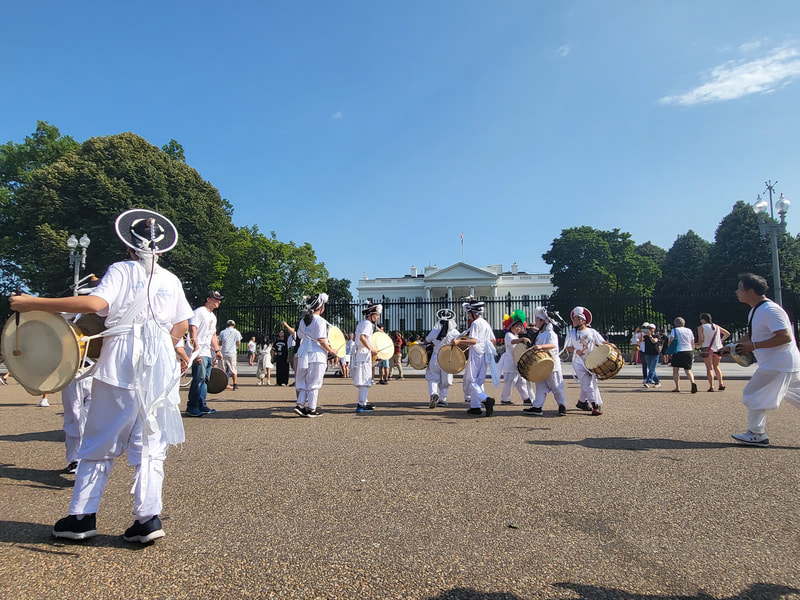
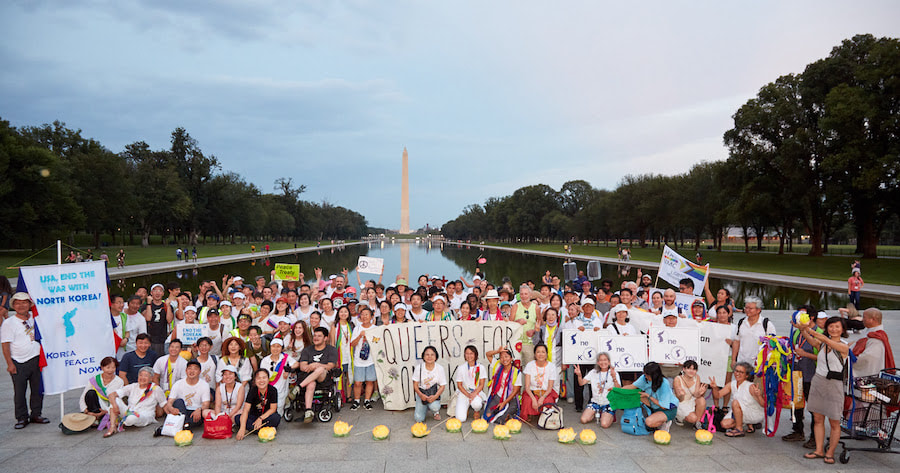
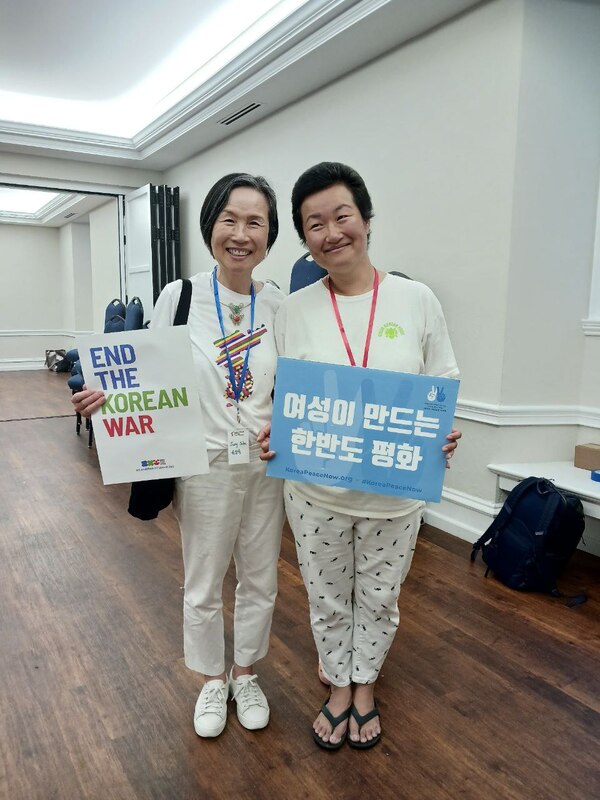
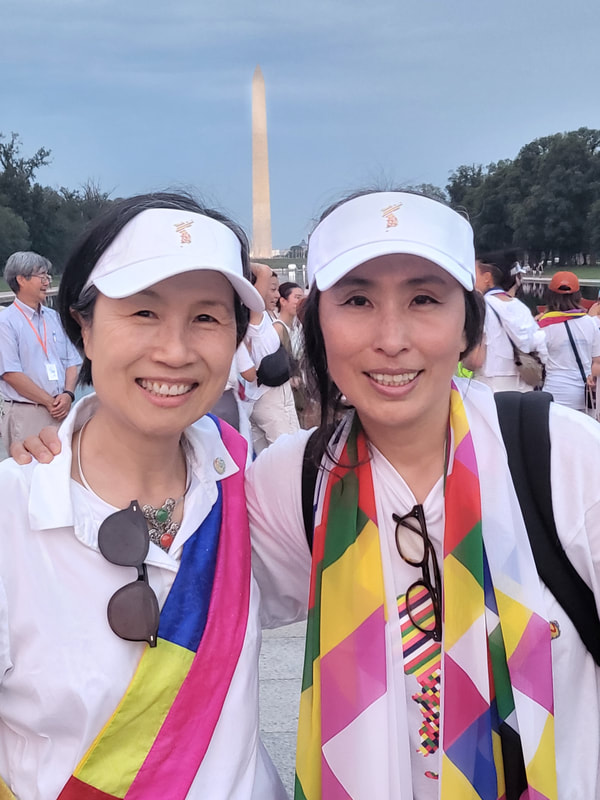
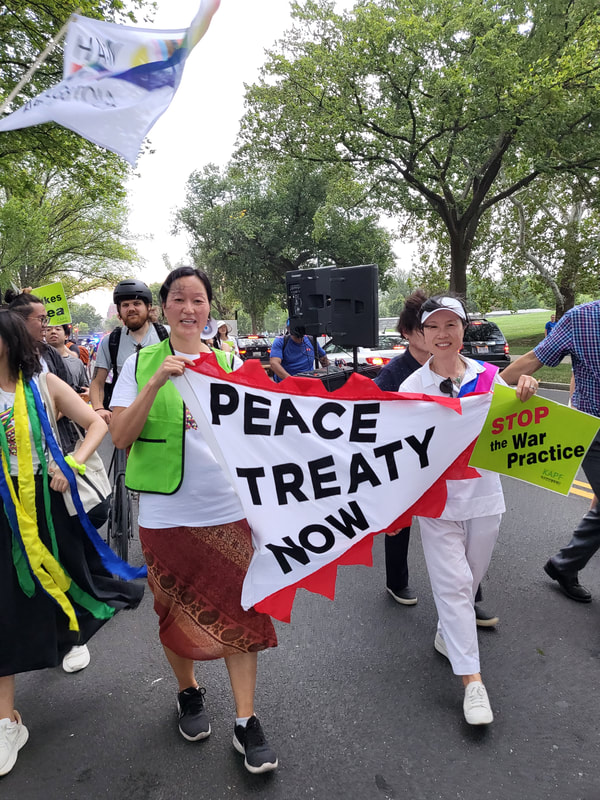
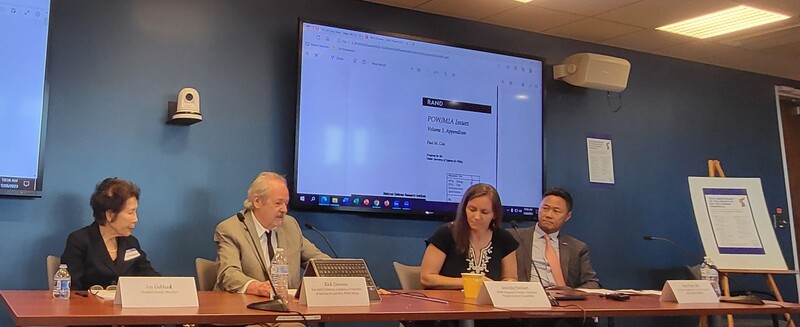
 RSS Feed
RSS Feed